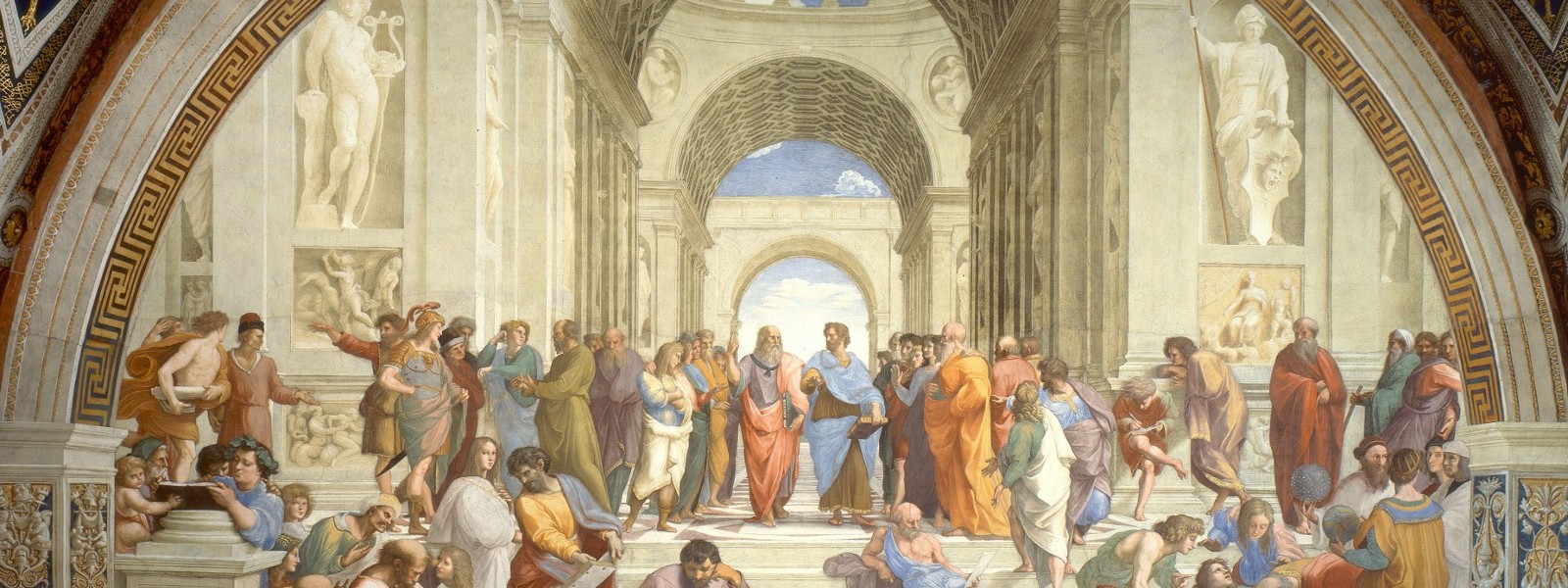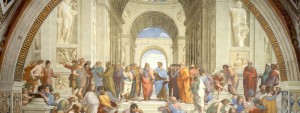The lament about American education, both its K-12 and higher variety, comes in for its fair share of criticism, much of it deserved. But what most critics don’t criticize it for is its success. Criticizing something for what it intends to do seems strange, but anyone familiar with progressive education and its political and cultural cousins, will not be surprised. This critic I refer to is Patrick Deneen, a professor at Notre Dame. He begins a piece on “How A Generation Lost It’s Common Culture,” with this damning words:
My students are know-nothings. They are exceedingly nice, pleasant, trustworthy, mostly honest, well-intentioned, and utterly decent. But their brains are largely empty, devoid of any substantial knowledge that might be the fruits of an education in an inheritance and a gift of a previous generation. They are the culmination of western civilization, a civilization that has forgotten nearly everything about itself, and as a result, has achieved near-perfect indifference to its own culture.
It’s difficult to gain admissions to the schools where I’ve taught – Princeton, Georgetown, and now Notre Dame. Students at these institutions have done what has been demanded of them: they are superb test-takers, they know exactly what is needed to get an A in every class (meaning that they rarely allow themselves to become passionate and invested in any one subject); they build superb resumes. They are respectful and cordial to their elders, though easy-going if crude with their peers. They respect diversity (without having the slightest clue what diversity is) and they are experts in the arts of non-judgmentalism (at least publically). They are the cream of their generation, the masters of the universe, a generation-in-waiting to run America and the world.
And a generation that knows almost nothing about the civilization that has given it unparalleled freedom, prosperity and opportunity. They take all of it for granted because, well, why wouldn’t they. If you don’t know where something comes from, like the milk or meat you buy at the store, you take it for granted. Ignorance is like that. Without historically grounded knowledge in just how rare a thing is Western, and especially American civilization, you have no basis on which to appreciate it, or perpetuate it. But this is exactly as our progressive elites would have it. As Prof. Deneen says:
Our students’ ignorance is not a failing of the educational system – it is its crowning achievement. Efforts by several generations of philosophers and reformers and public policy experts — whom our students (and most of us) know nothing about — have combined to produce a generation of know-nothings. The pervasive ignorance of our students is not a mere accident or unfortunate but correctible outcome, if only we hire better teachers or tweak the reading lists in high school. It is the consequence of a civilizational commitment to civilizational suicide. The end of history for our students signals the End of History for the West.
If you know the history of progressivism in America, none of this will surprise you. Hearing it put so bluntly, though, is bracing. The specific history of progressive education in America goes back to John Dewey in the early 20th Century. Like any good progressive, he believed that the education of the past known as classical education, was not going to work in the modern age of enlightenment and science. In John Dewey & The Decline of American Education, Henry T Edmondson III argues that Dewey believed he had the answer to save America from destruction:
In order to survive, American democracy must be transformed by a revolution in education, followed by a social and economic revolution.
When President Obama said a few days before the 2008 election that he and his followers were going to “fundamentally transform America,” the transformation had actually already begun almost a hundred years prior. If you want to “fundamentally transform” a culture and society, educating its young is the way to do it. Professor Deneen tells us just how successful the progressives have been:
We have fallen into the bad and unquestioned habit of thinking that our educational system is broken, but it is working on all cylinders. What our educational system aims to produce is cultural amnesia, a wholesale lack of curiosity, history-less free agents, and educational goals composed of content-free processes and unexamined buzz-words like “critical thinking,” “diversity,” “ways of knowing,” “social justice,” and “cultural competence.”
There is, however, hope on the horizon, and it comes in the form of a classical education movement, both in private, primarily Christian schools, and in public Charter schools. It so happens my son goes to a Christian classical school, and my daughter teaches at a charter classical school, so I see first hand how the old way of teaching is infinitely superior to the modern, progressive kind. Let us pray that it prospers in the decades ahead, lest this “last best hope of man on earth,” as Reagan put it, goes the way of failed civilizations of the past.


